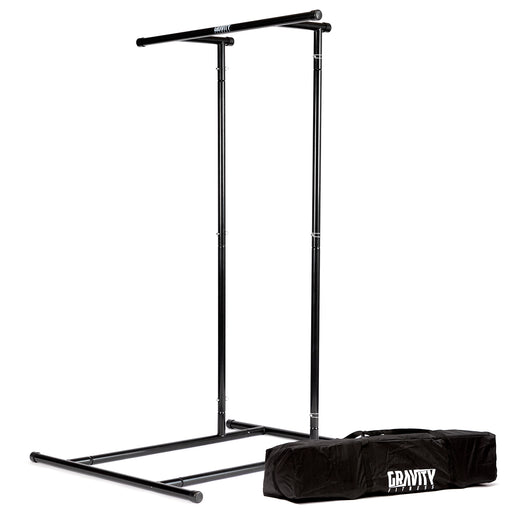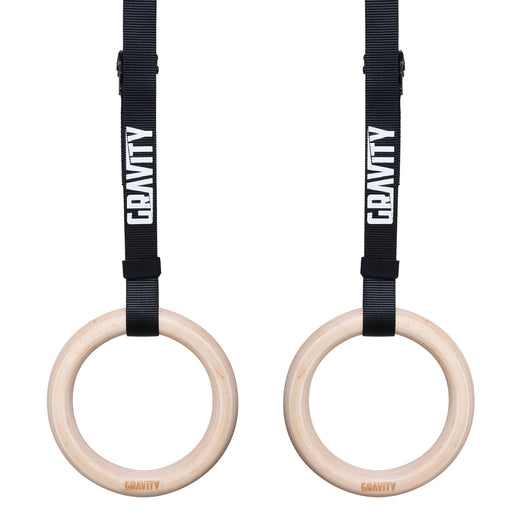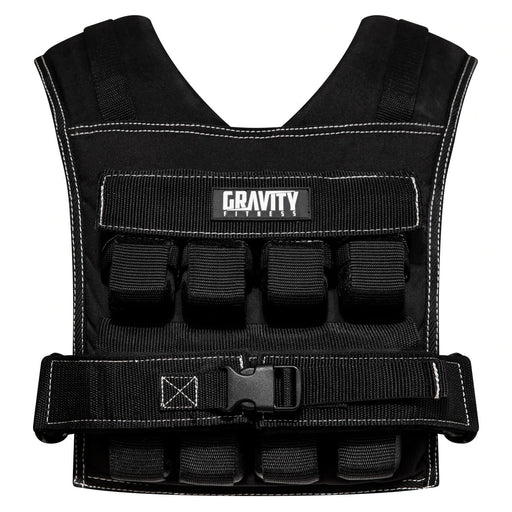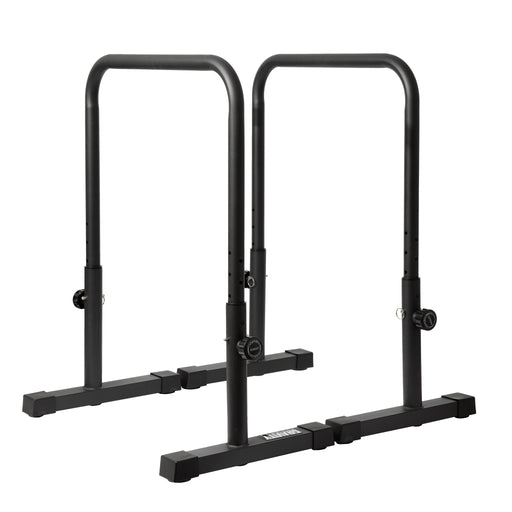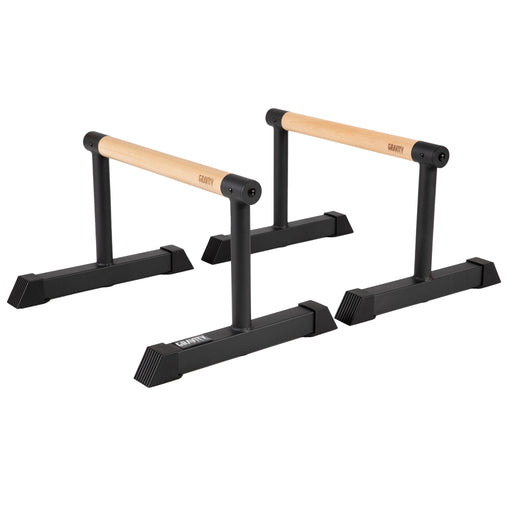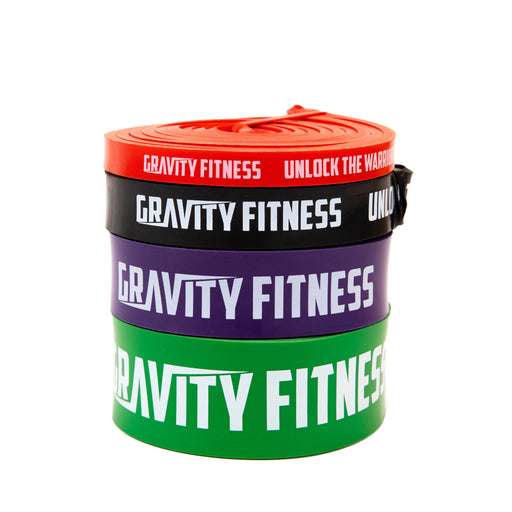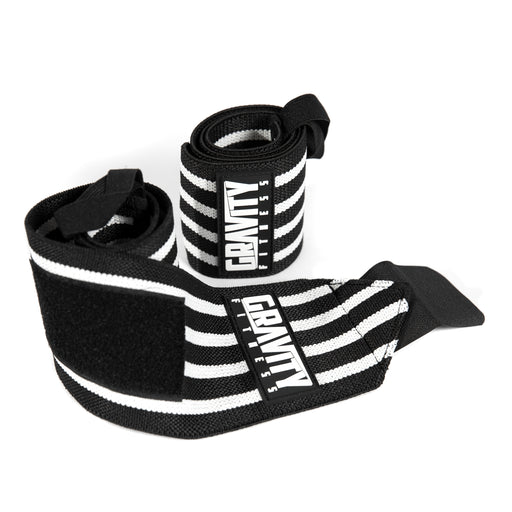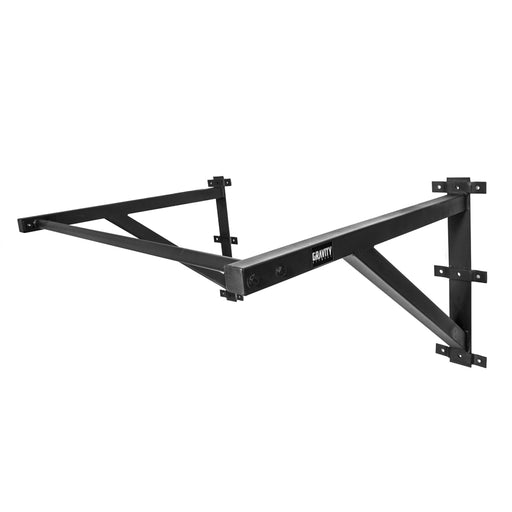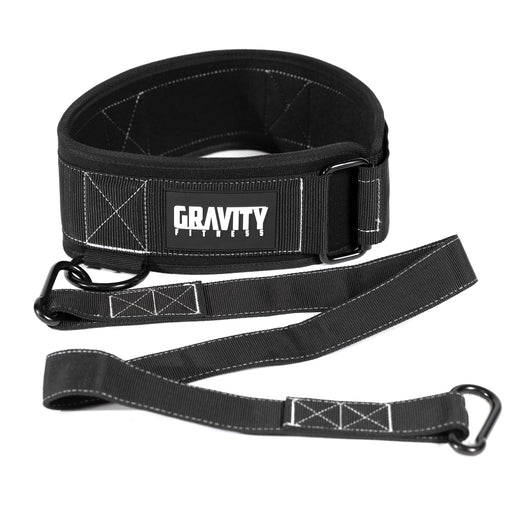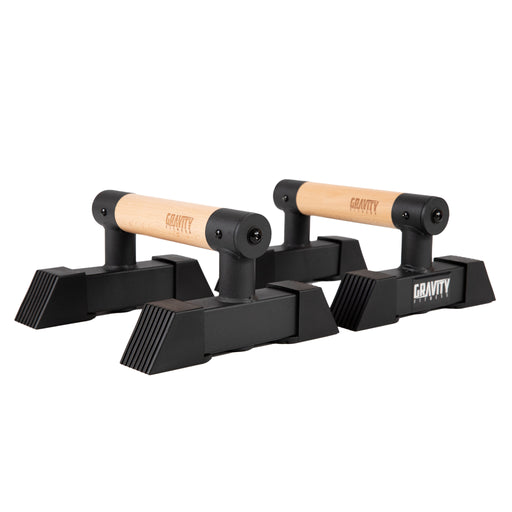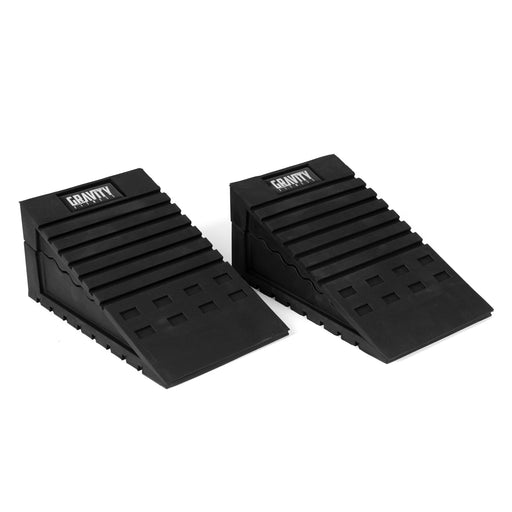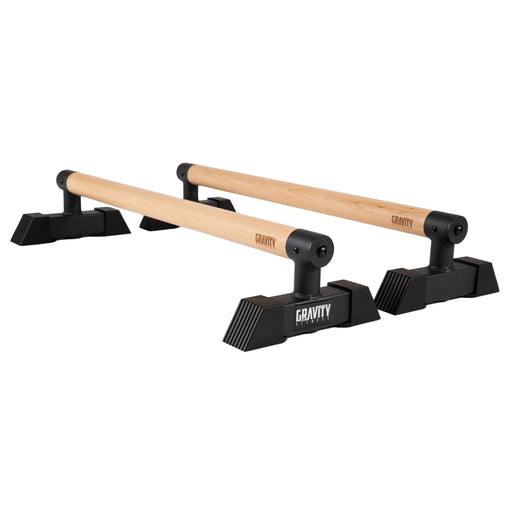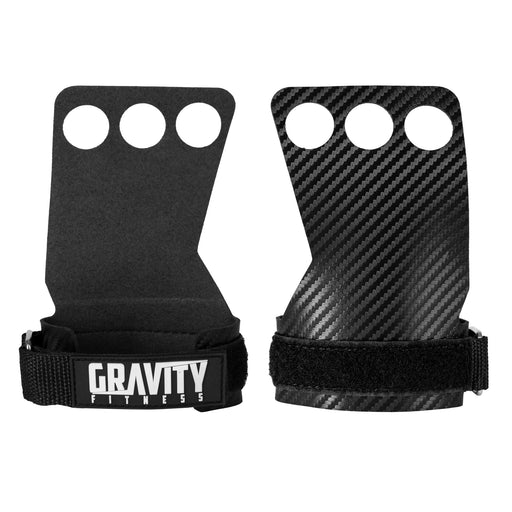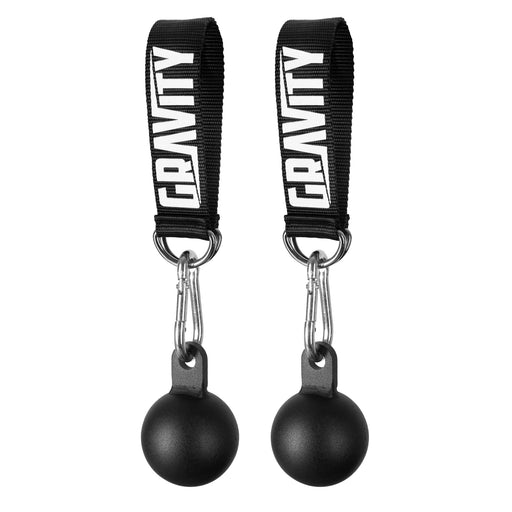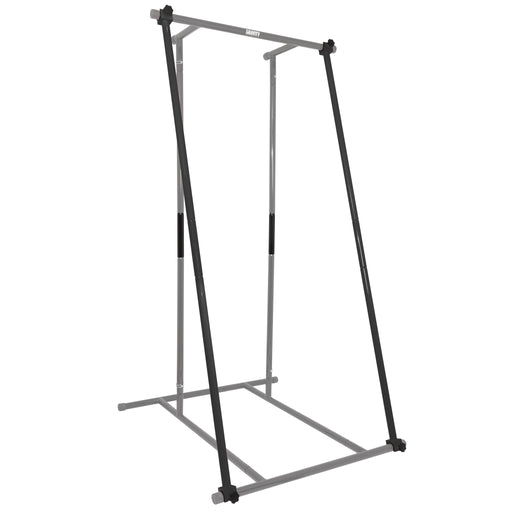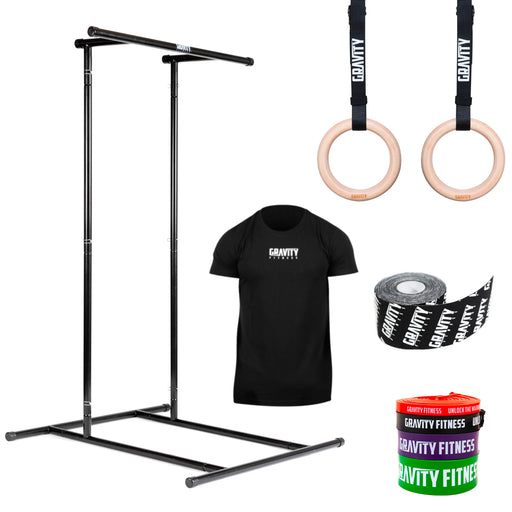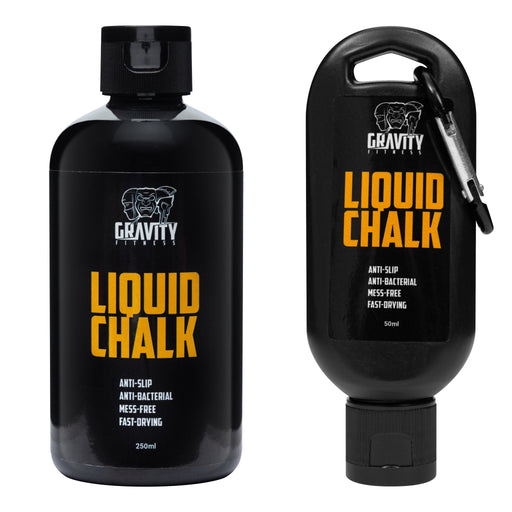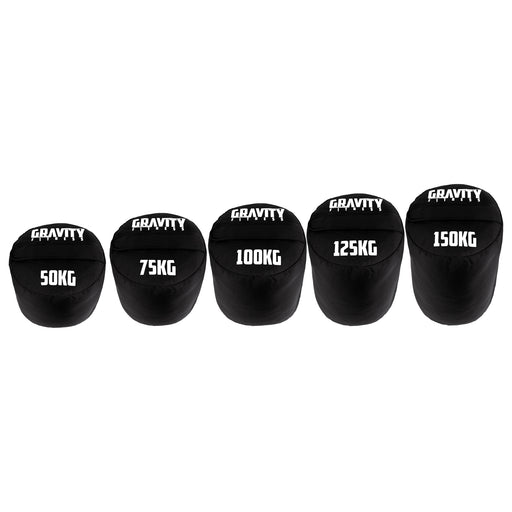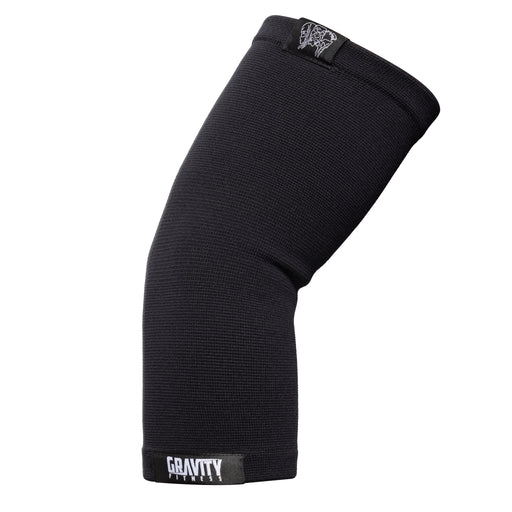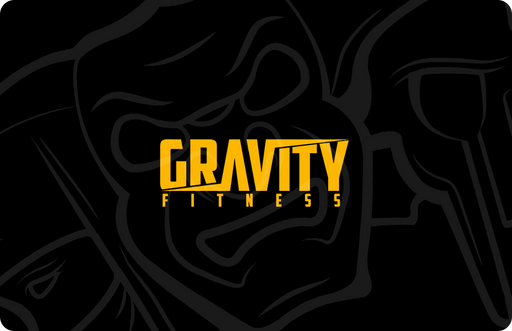Whey Protein vs Pea Protein – Which Is Best?
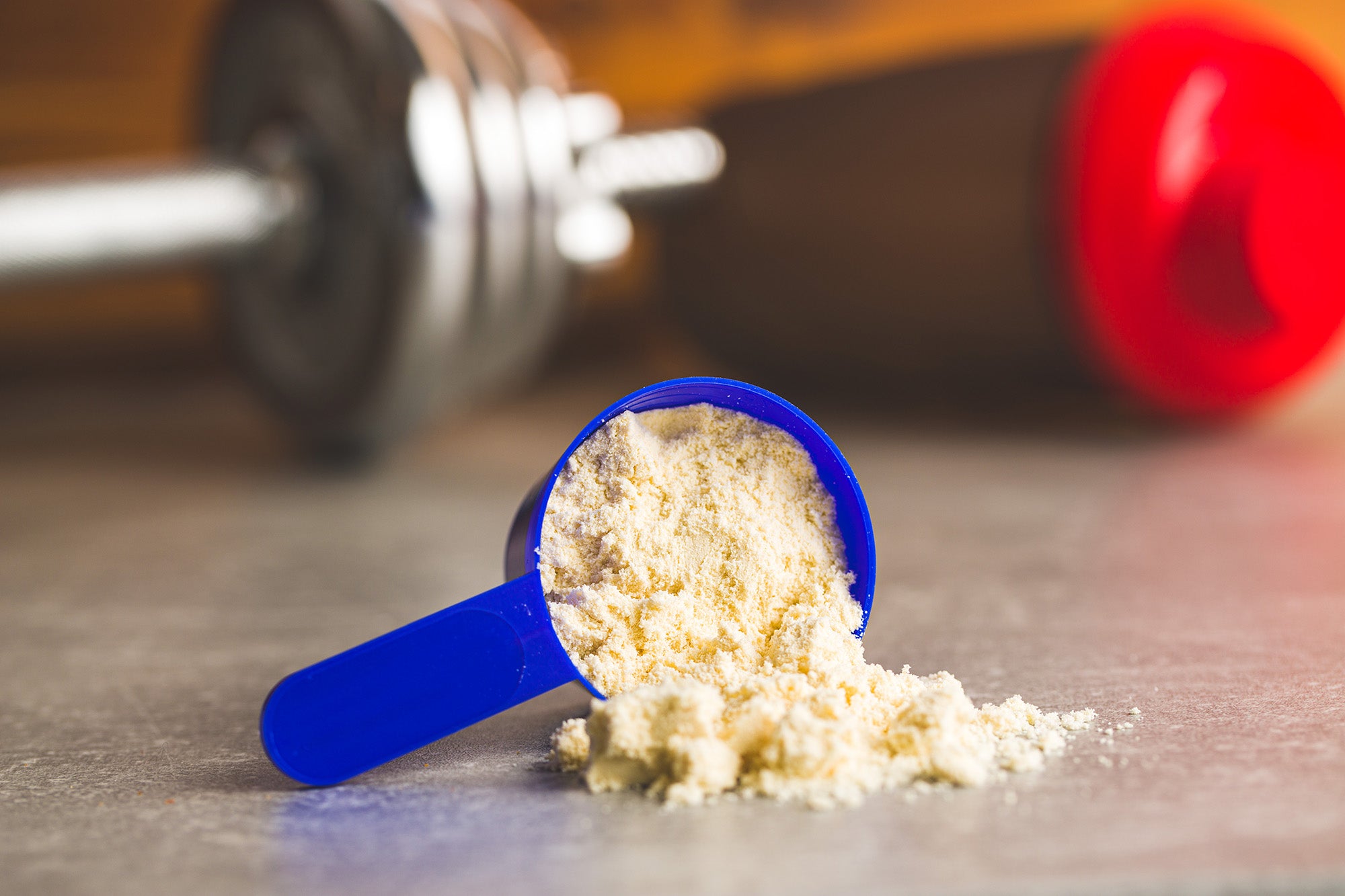
Whey Protein vs Pea Protein – Which Is Best?
Switching to a plant-based diet? Or curious about the different types of protein powder? Let’s compare whey protein concentrate with pea protein.
Why do we need protein powder?
Do you need protein powder as part of a healthy diet? Whilst it’s not a necessity, it can definitely be a really convenient way to get more protein into your day. The beauty of using a protein powder is that it’s almost purely protein, so you can top up your protein without adding more of the other macros.
Using a protein powder is also really convenient (no prep, no cooking, minimal clean up) and useful when you’re busy.
Why is whey protein so popular?
Whey protein has dominated the protein powder market for a few reasons (including cost and availability), but the key benefit of whey lies in its amino acid profile. Amino acids are often called “the building blocks of protein” because they are literally what protein is made of.
When you think about your protein intake, you also need to consider the balance of amino acids you are getting. Some types of protein give you all of the essential amino acids – whey protein is one of these. Plant based foods give some of the essential amino acids, but not all. This is why vegans and vegetarians need to pay close attention to the combinations of foods they eat.
If your looking for whey protein we recommend PHD Diet Whey.
Why are there different types of whey protein?
You’ve probably noticed that you can get whey protein concentrate, whey protein isolate and whey protein hydrolysate. The main difference is in the way these protein powders are manufactured. Whey protein concentrate (WPC) is the standard – and cheapest – type of whey and contains slightly higher levels of carbohydrates and fats than whey protein isolate (WPI) which is filtered so it contains almost pure protein.
Different types of vegan protein
Whilst whey protein has a lot of positive attributes, none of these matter if you are lactose intolerant or choose not to eat animal products. If you’re vegan or plant-based, you’ll need a vegan protein powder. The plant-based protein market is growing fast, but at the moment the key vegan protein powders are pea, hemp, brown rice and soy (or a blend).
What is pea protein?
Pea protein is one of the most popular vegan protein powders and contains all 9 of the essential amino acids, so it’s the one we’ll use in a comparison with whey protein. Like whey, you can get pea protein concentrate or pea protein isolate which have been processed differently for a slightly different macronutrient profile. Pea protein isolate is more readily available than the concentrate.
Don’t be surprised that pea protein isn’t bright green – it’s actually made from yellow peas, not garden peas. You can get unflavoured or flavoured pea protein, just as you can with whey.
If you're looking for a great plant protein, PHD Nutrition have a very popular Plant Protein Powder.
Whey protein concentrate vs pea protein isolate macros
30g scoop of whey protein concentrate (average)
120 kcals
23g protein
2g carbohydrates
1g fats
30g scoop of pea protein isolate (average)
119 kcals
24g protein
1g carbohydrates
1.8g fats
Compare whey protein to pea protein
As you can see, the calories and macros in whey and pea protein is almost identical. But one difference is the texture, “mouthfeel”, and mixability. If you are used to whey, you might find pea protein to be a bit earthy and heavy.
In terms of amino acids, pea protein actually contains all 9 essential amino acids including the 3 BCAAs (branch chain amino acids) – just like whey. It can’t be called a “complete protein”, because it doesn’t quite hit the recommended amount of methionine/cysteine.
What are the essential amino acids?
The 9 essential amino acids are so-called because the body can’t make them out of anything else, so the only way to get them is via food or a supplement like protein powder.
They are histidine, isoleucine, leucine, lysine, methionine, phenylalanine, threonine, tryptophan, and valine. Valine, leucine, and isoleucine are the 3 branch chain amino acids which are considered especially important for building muscle.
Benefits of whey protein
- low calorie
- high protein
- a complete protein (all 9 EAAs)
- widely available
- lots of products and prices to choose from
Benefits of pea protein
- low calorie
- high protein
- contains all 9 EAAs (slightly low in methionine)
- suitable for vegans and lactose intolerant
- can be used exactly the same ways as whey
How to choose the best protein powder for your diet
Like most nutritional choices, your choice of protein powder needs to match your dietary needs and your lifestyle. If you have no intolerances or dietary restrictions, it makes sense to use whey as it is a complete protein and so widely available. But if you are vegan, lactose intolerant, or simply trying to eat more plant-based products then pea is the next best option. It’s almost identical in calories, macros and amino acids – and you can balance out the difference by eating a varied diet.
















